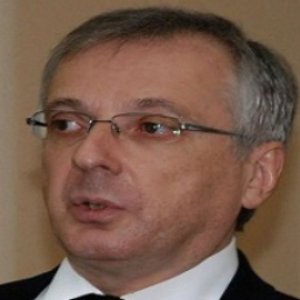Title : Simulation of the properties dynamics of the nearest neighborhood of percolation cluster elements
Abstract:
The nearest neighborhood of an element of a cluster system is percolation fields constructed around it in the phase spaces of properties. The presence of the nearest neighborhood in the cluster elements leads to the formation of structures, the dominant feature of which is the total multiscale. The concept of the nearest neighborhood significantly increases the number of parameters characterizing the structure and properties of the system under study, expanding the possibilities of an analytical description. The computer model of the processes of self-organization of clusters that make up the closest neighborhood of percolation system elements is created in this work. The model considers such problems with self-organization, in which the properties of a percolation cluster are also determined by the history of the development of the system. To study the structure and properties of such systems, the model solves a three-dimensional continual percolation problem with interacting elements. The iterative algorithms of motion and interaction of particles and clusters leading to the formation of percolation systems are developed. Two laws of interaction are used in the model to describe the interaction of particles at the stage of formation of infinite clusters.
The structure and properties of percolation clusters were studied, a number of standard parameters were calculated: percolation threshold, infinite cluster power, its anisotropy, first three Renyi dimensions, gyration radius and others, as well as for the first time studying percolation systems, the space filling coefficient and the clusters power growth coefficient were calculated. We studied the dependence of the structure and properties of clusters on the rate of generation of the system, the degree of self-organization, the characteristic values of the correlation length, and the type of law of particles interaction; the analytical dependences of a number of parameters of percolation systems are obtained. The universality class of the studied percolation problem is discussed.



